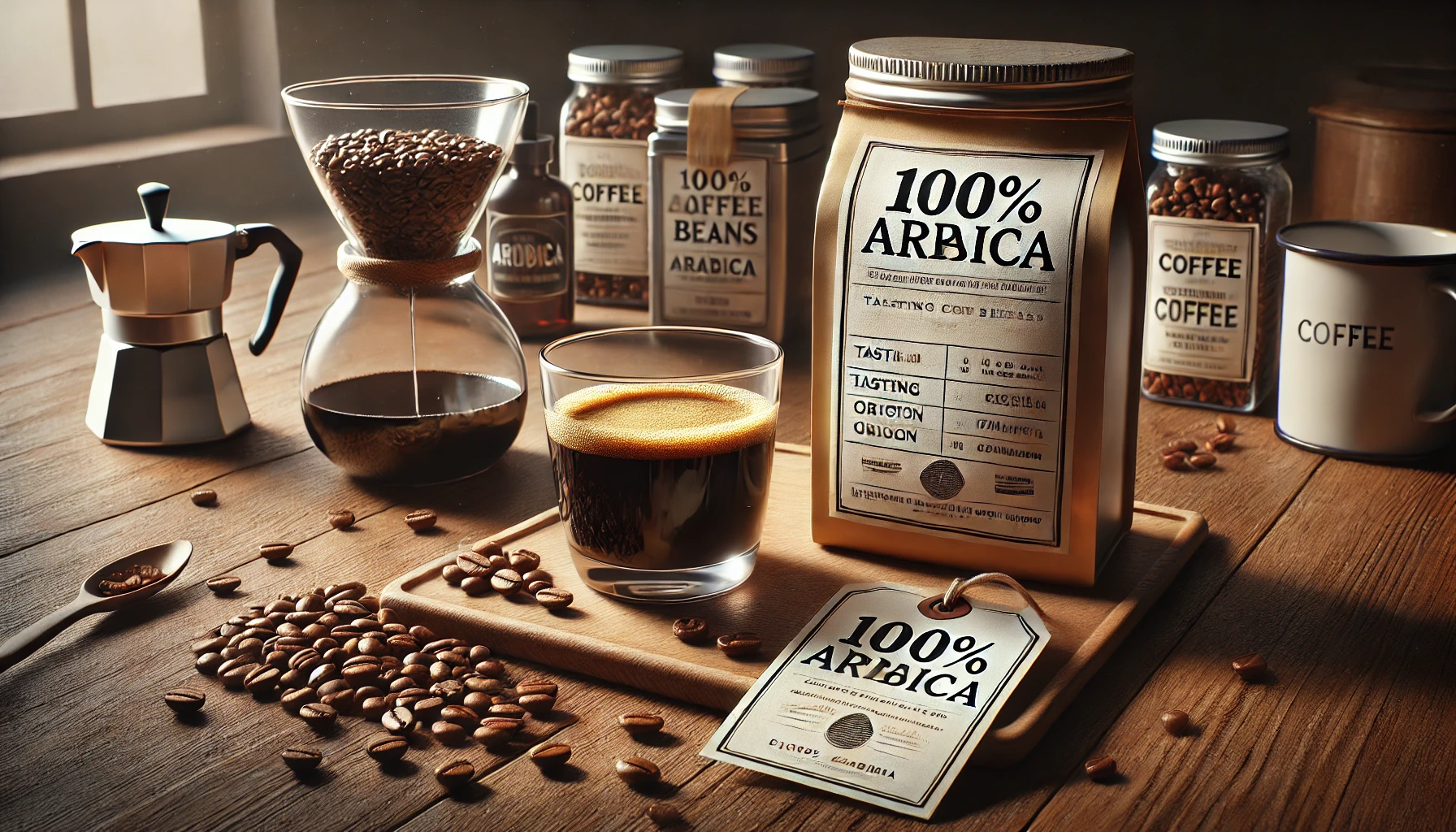The term “gourmet coffee” is everywhere—on café menus, packaging, and even supermarket shelves. But what does it really mean? Is it just a marketing buzzword, or does gourmet coffee actually follow specific standards?
In this article, we’ll break down what makes coffee truly “gourmet,” how to recognize high-quality beans, and why investing in better coffee can elevate your daily brew into something extraordinary.
What Does “Gourmet Coffee” Mean?
The word “gourmet” typically implies something high quality, carefully crafted, and luxurious—and in the world of coffee, that’s no exception.
However, unlike other food industries (like wine or cheese), “gourmet coffee” isn’t a regulated term. That means any brand can technically use it, whether the coffee is premium or not.
That said, true gourmet coffee generally refers to coffee that meets certain criteria in flavor, quality, sourcing, and preparation, often overlapping with what’s known as specialty coffee.
Characteristics of Gourmet Coffee
To identify real gourmet coffee, here are the key features to look for:
1. High-Quality Beans
- Typically 100% Arabica, known for smooth and complex flavors.
- Sourced from specific, reputable regions with ideal growing conditions.
- Grown at high altitudes, which promotes slower development and richer taste.
2. Freshness
- Recently roasted (ideally within the last 2–4 weeks).
- Sold as whole beans to preserve flavor and aroma.
- Stored properly in sealed, oxygen-free bags or containers.
3. Careful Roasting Process
- Roasted in small batches to preserve consistency and character.
- Labeled with roast date (not just expiration date).
- Roast levels are carefully chosen to highlight the bean’s origin and flavor notes.
4. Flavor Complexity
- Balanced acidity, body, and sweetness.
- Offers distinct tasting notes like floral, fruity, nutty, chocolaty, or spicy.
- Clean aftertaste with no bitterness or burnt flavors.
Gourmet vs. Specialty Coffee
Although the terms are often used interchangeably, there is a subtle difference:
- Specialty coffee is defined by the Specialty Coffee Association (SCA) and must score 80+ points out of 100 on a quality scale.
- It’s evaluated based on aroma, flavor, body, acidity, uniformity, and defects.
- Gourmet coffee, while not officially scored, usually aims for the same high standards.
So in many cases, gourmet coffee is specialty coffee, but not all coffee labeled as “gourmet” meets the rigorous grading of specialty beans.
How to Identify Gourmet Coffee When Shopping
When you’re at the store or browsing online, use these indicators to spot authentic gourmet coffee:
✅ Check the Origin
- Gourmet coffee often lists a single origin (like Ethiopia Yirgacheffe or Colombia Huila).
- Some blends can also be gourmet if they’re carefully crafted and use high-grade beans.
✅ Look for Roast Date
- The fresher, the better. Avoid brands that don’t display a roast date.
✅ Read the Flavor Notes
- Gourmet coffee will usually describe flavors like “notes of caramel, citrus, or dark chocolate.”
✅ Look at the Packaging
- High-quality beans are often packaged in valve-sealed bags that release gas but prevent air from entering.
✅ Avoid Generic Labels
- Phrases like “bold roast” or “breakfast blend” without specific origin or tasting notes are often red flags.
Popular Gourmet Coffee Regions
Certain regions are especially known for producing gourmet-grade beans. Some of the most respected include:
- Ethiopia – floral, tea-like, citrusy notes
- Colombia – well-balanced, sweet, and smooth
- Guatemala – rich, chocolatey, with bright acidity
- Kenya – juicy, berry-like, and complex
- Costa Rica – clean, sweet, with vibrant acidity
- Panama (especially Geisha beans) – one of the world’s most prized and expensive coffees
Brewing Matters Too
Even the best beans can taste mediocre if not brewed properly. For a gourmet coffee experience at home, consider:
- Grinding just before brewing
- Using clean, filtered water at the right temperature (90–96°C / 195–205°F)
- Choosing brewing methods that enhance flavor clarity, like pour-over, French press, or AeroPress
- Using a proper coffee-to-water ratio and timing your brew
Gourmet coffee isn’t just about the beans—it’s also about how you treat them.
Is Gourmet Coffee Worth the Price?
In short—yes, if you value flavor and experience.
Here’s why gourmet coffee can be worth a higher price tag:
- Better taste and aroma
- More sustainable and ethical sourcing
- Support for small farmers and local roasters
- Fewer defects and cleaner processing
It’s an upgrade from commodity coffee and offers more satisfaction in every cup.
Final Thoughts: Savor the Experience
Gourmet coffee is more than just a drink—it’s an experience. It invites you to slow down, explore flavors, and appreciate craftsmanship. While the label alone doesn’t guarantee quality, knowing what to look for empowers you to make better choices.
So next time you brew a cup, take a moment to savor it. That’s what gourmet coffee is all about.
